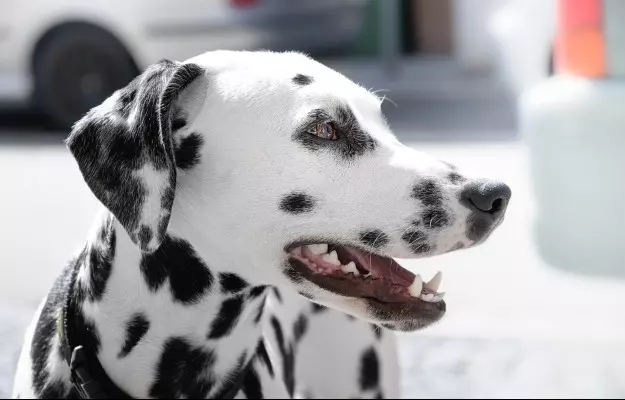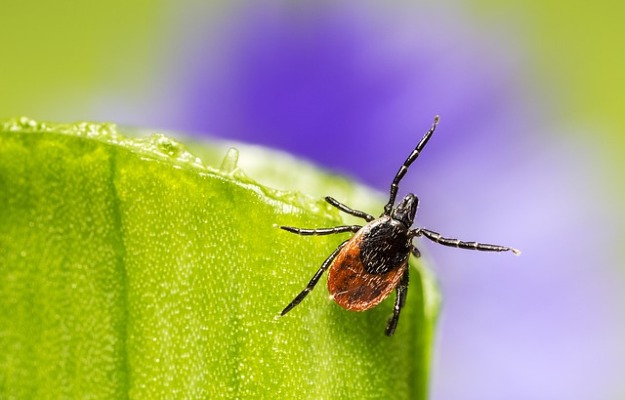Allergies are not confined to humans only, your dogs can also be allergic to various things that you are unaware of. Some dog breeds like Chinese Shar-Peis, wirehaired Fox Terriers, Golden Retrievers, Dalmatians, Boxers, Boston Terriers, Labrador Retrievers, Lhasa Apsos, Scottish Terriers and Shih Tzus are more prone to develop allergies.
Allergies can develop due to direct contact with the allergen, insect bite, change in seasons and food. Some acute allergic reactions like anaphylactic shock can be fatal for the dogs.
A dog with an allergic reaction may present with symptoms like coughing, wheezing, sneezing, shortness of breath, vomiting and diarrhoea in dogs. Mostly, allergies in dogs can be diagnosed by exposing the dog to the allergen.
Unless the reaction is severe, allergies can be managed at home by removing the allergen, adding probiotics to your dog’s meal and keeping your pet clean and free of fleas.
Improving your dog’s immune system can help them deal with their allergies better. You can enhance your dog’s immune system by giving them vitamin C, vitamin A and zinc supplements.
Read more: How to bathe and groom your dog



























